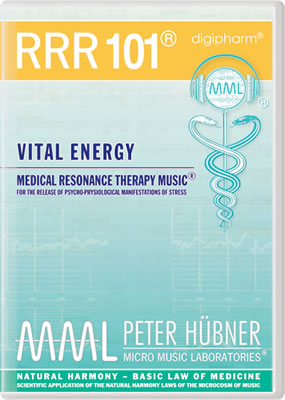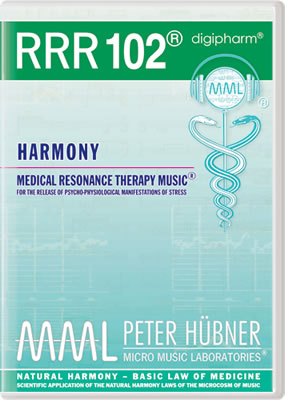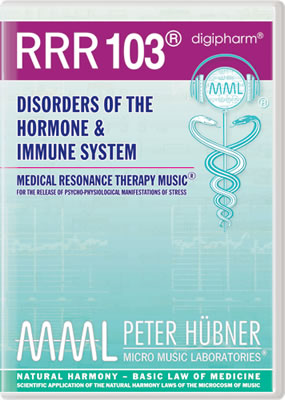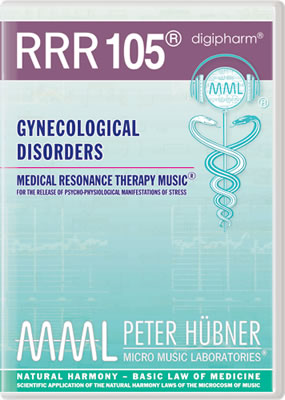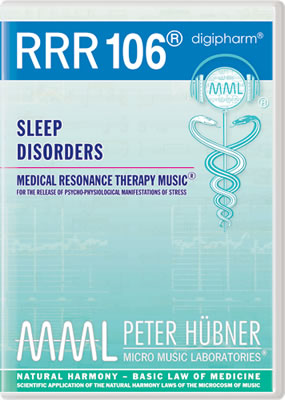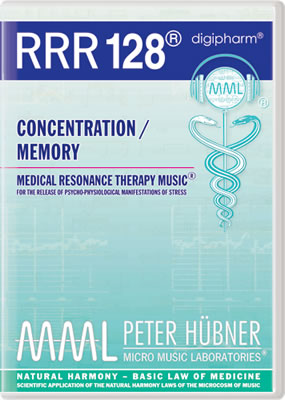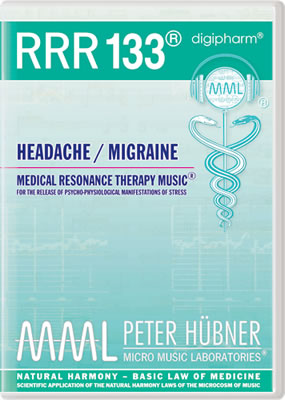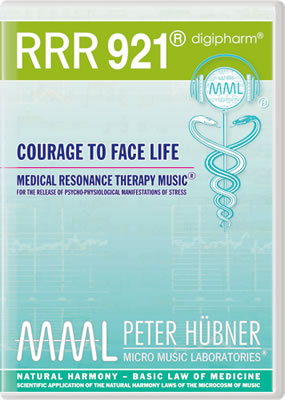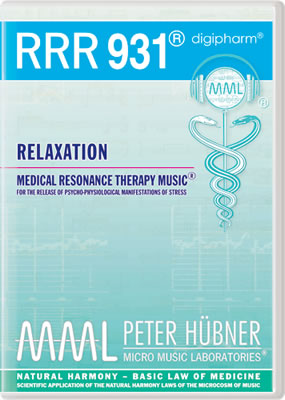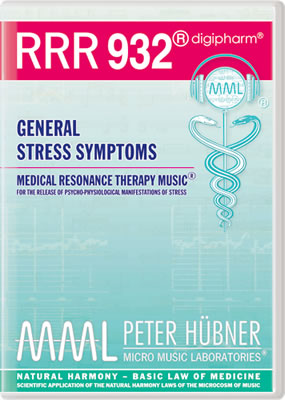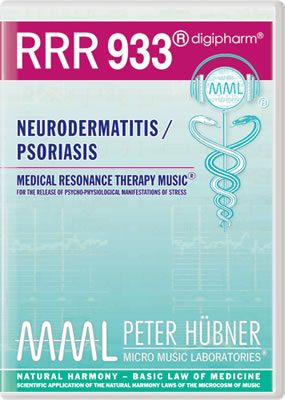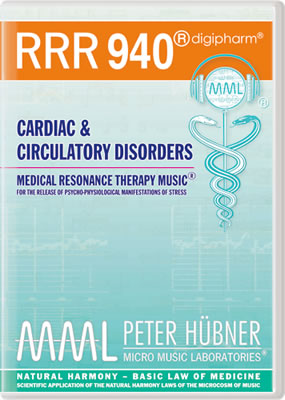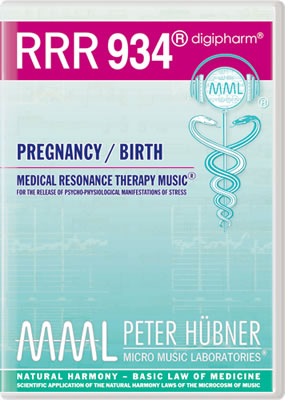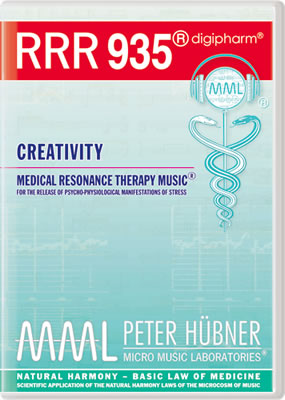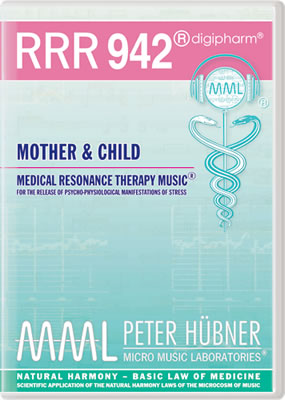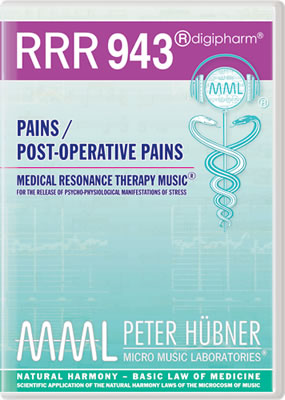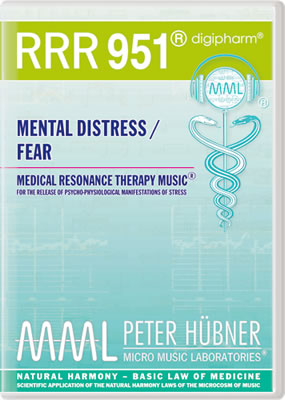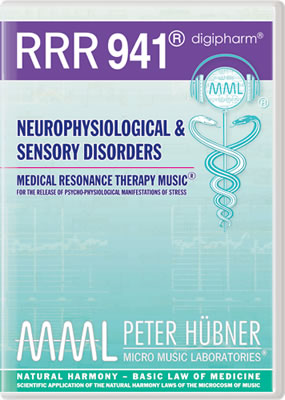| digipharm® |
| Home • Site Map • Research • Reports • International Experts • Music Preparations • Fundamentals • News • Questions • Shop |
| digipharm® |

Peter Hübner – The Future of Pharmaceutics

Prof. Dr. Herzl Shmueli
Long-standing CHAIRMAN of the DEPARTMENT of MUSICOLOGY at the UNIVERSITY of TEL AVIV, in a letter to Peter Hübner: “I have studied your wide range of research with great interest and appreciation. I am particularly interested in the continuing developments of Micro Music Laboratories® from which you are creating a scientific basis for inter-disciplinary music research and which extend to all areas of music and various sciences. I am pleased that the areas of emphasis are in music and medicine, music and psychology and music and education. When I think about your unique musical career and achievements, I am convinced that you are on the verge of raising the understanding of music and of the history of music onto a new level. Your compositions and scientific musical work “Natural Music Creation” and “Natural Music Listening” and also your study guide of a music faculty of the future particularly impress me. They are unprecedented and open up new dimensions in creating a musical training, which could be pioneering for a revival and expansion of the science of music. It would be a major coup for the University of Tel Aviv, if, despite your many and varied activities as a composer, author and researcher, you could think about creating a musical training course as a guest professor at our university in the field of interdisciplinary studies.“
Music & Nature: How do you feel now about a practical relationship between yourselves or Micro Music Laboratories® and pharmaceutics?
Peter Hübner: Firstly, there would have to be mutual compromise. There is already full agreement on the fundamental issue of an objective scientific approach to medical methods and results and I also believe that pharmaceutics is open to the basic harmonic considerations; since they certainly wish to reduce the unwanted side-effects caused by their products. Without doubt they want to optimise the medical effect of their products and thirdly, they do not want to be steam-rolled by the competition or by time. These are the basic pre-requisites of a relationship. I personally do not want to find myself in competition with pharmaceutics, nor to manoevre pharmaceutics into the same situation, because I believe that even Medical Resonance Therapy Music® cannot replace this branch of industry entirely. At the moment, there seems to be a more widespread insight into the laws of nature, and particularly in the harmonic laws of nature, in my particular area than in chemistry, and therefore in pharmaceutics. It is my view that the starting points for harmonic research and development to achieve such a level of knowledge lie intelligently in the microcosm of music – provided it concerns only this special harmonic knowledge. The method of obtaining such knowledge on the harmonic laws of nature using chemical laboratories would seem by comparison more involved and therefore more difficult. It may perhaps be possible to transfer harmonic knowledge from the microcosm of music to the field of chemistry – as Kepler described in astronomy when he derived his planet laws originally from the microcosm of music, applied them to astronomy and only found confirmation later through precise astronomic investigations. Pythagoras also proposed this method fundamentally as it is quicker, simpler and less involved. The reason for this alone lies in the natural disposition of our hearing; we hear in the frame of mathematical functions. But this situation brings with it its own problems; I recognise the fact that great demands are being placed on my time which means that I am transferring my scientific knowledge of music to the field of chemistry and in doing so, neglecting my work with music. The other way would be for chemistry to tackle the first process of integrating harmonic laws into its area of science, and pharmaceutical applications and occasionally draw on the knowledge from the microcosm of music. This would make chemistry, after music, the second largest discipline to integrate harmonic laws of nature into its fundamental knowledge. This step cannot be avoided – just as my Medical Resonance Therapy Music® was unable to avoid it, since chemical preparations are applied to biological systems and, biological systems function harmonically Pythagoras had already recognised the harmonic functions of the biological system and modern chrono-medics have for a longtime been finding scientific proof for this fact. Some sort of co-operation between Micro Music Laboratories® and pharmaceutics or between myself and pharmacists would therefore be useful in helping to reduce costs and develop improved medicines and it would also help reduce unwanted side effects. Music & Nature: And if your musical medical products squeeze pharmaceutics out in areas where they are simply superior, pharmaceutics can expect to suffer major losses. Peter Hübner: Such problems will only occur if pharmaceutics continues to avoid such an important development. But I don`t think this is the case and I will do everything in my power to prevent such unintelligent, crass and undeserved competition between these two sectors of industry.
|
||
| With kind permission of AAR EDITION INTERNATIONAL © 1998- DIGIPHARM > |
